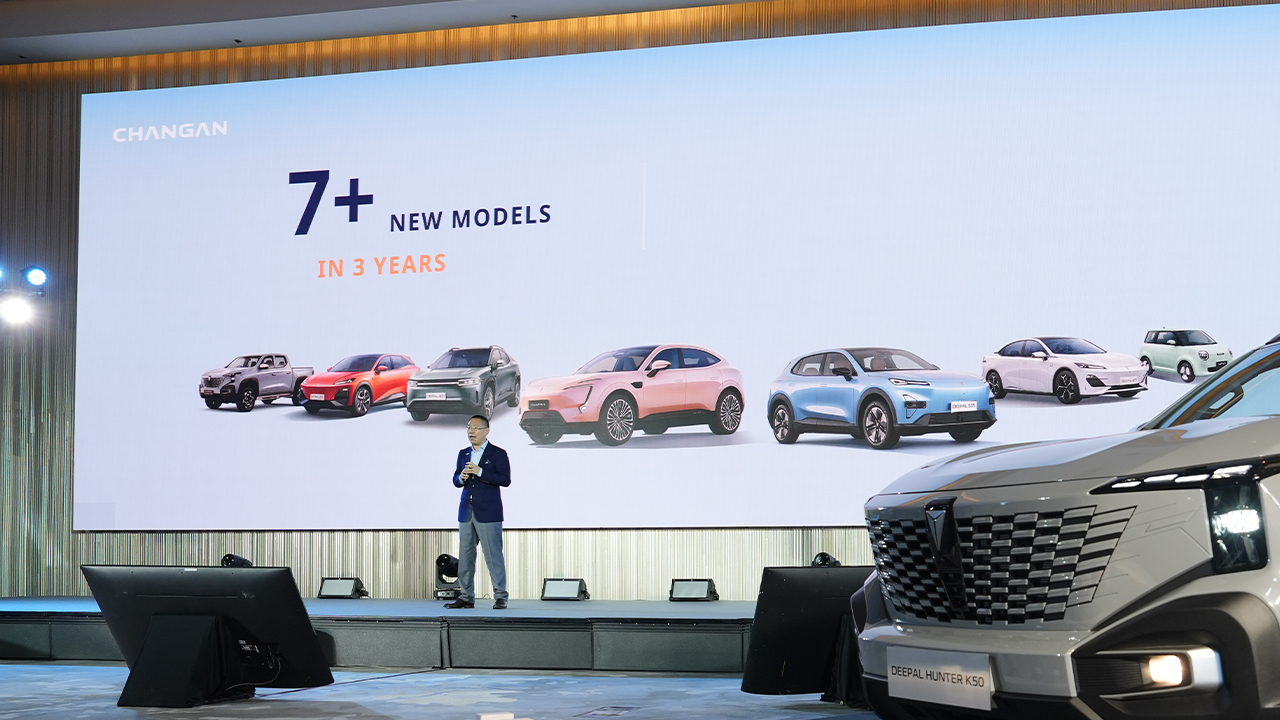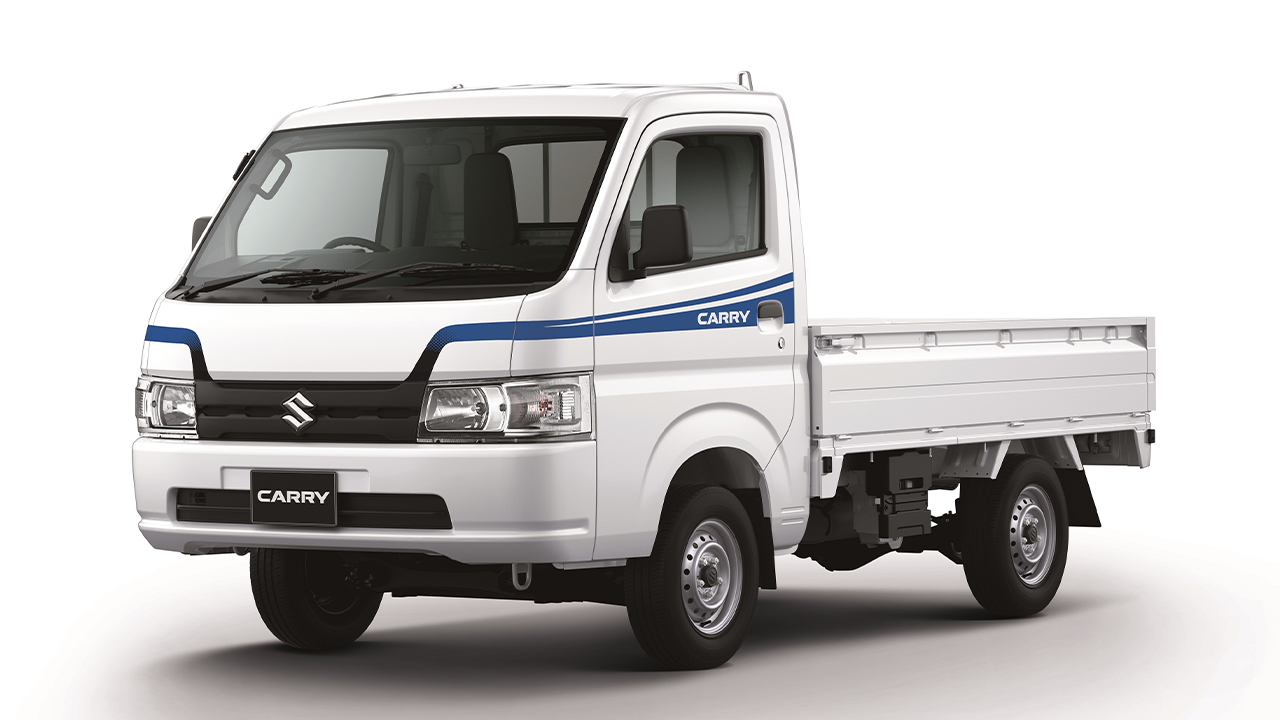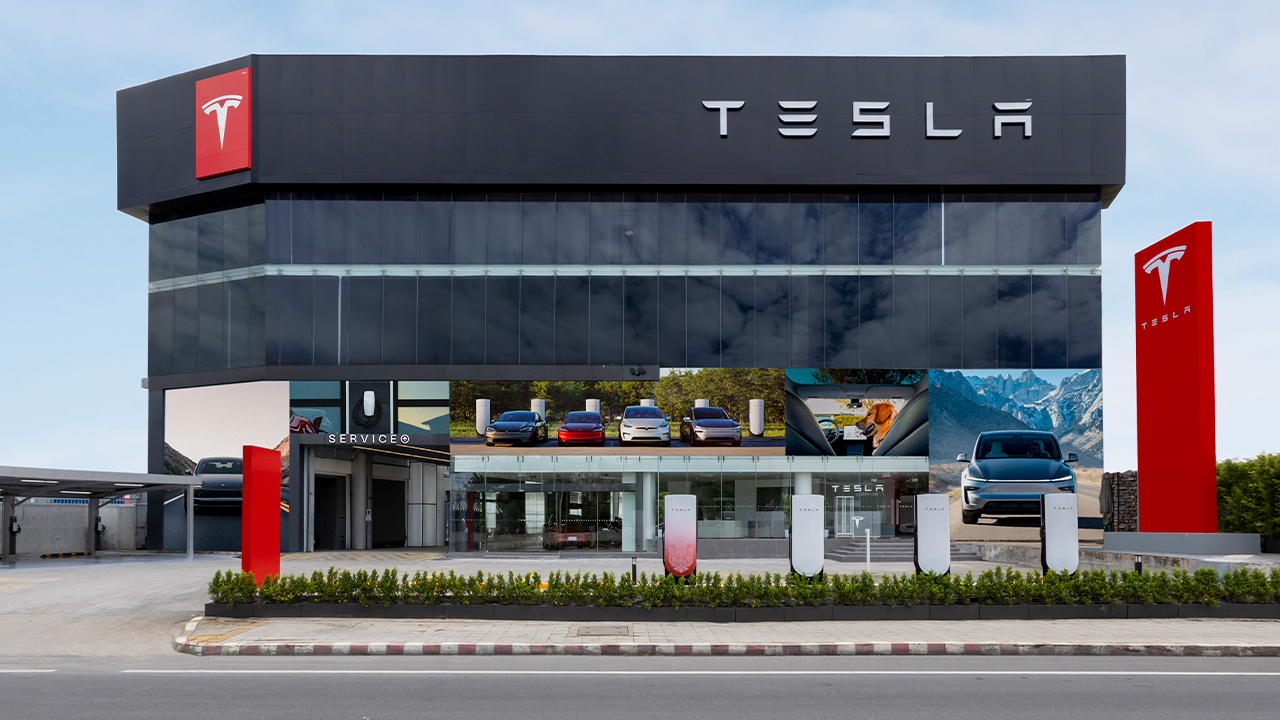
Nissan Motor Co., Ltd. has announced a business revitalization plan under the name Re:Nissan, which is a strategic approach to enhance competitiveness and strengthen long-term organizational sustainability. Under the new management team, the company has thoroughly reviewed its strategic goals, conducted a comprehensive assessment of key projects, and established additional measures to ensure an effective and continuous business recovery.
Under the Re:Nissan plan, the company aims to reduce total costs by 500 billion yen compared to fiscal year 2024, covering both fixed and variable costs. This will form a crucial foundation for rebuilding a business framework that targets restored profitability and free cash flow in the automotive business by fiscal year 2026.
Variable Cost Reduction:
Nissan Motor Co., Ltd. targets a 250 billion yen reduction in variable costs by improving engineering and cost management processes. A strict and transparent governance system will support this goal. The company has established a Cross-Functional Transformation Office, overseen by the Chief Transformation and Cost (TdC) Officer, with over 300 experts empowered to make key cost-related decisions efficiently.
In addition, the company will temporarily delay the development of advanced products and projects scheduled beyond 2026, reallocating over 3,000 personnel to cost-reduction initiatives. This reprioritization comes from accelerating the product development process, which reduces lead time without affecting product launch schedules.
Another key aspect of restructuring involves the supply chain. Nissan plans to restructure its supplier base, consolidating purchase volumes with a few key suppliers to reduce redundancy, eliminate inefficiency, and modernize supply chain standards in line with long-term business strategies.
Fixed Cost Reduction:
Nissan aims to reduce fixed costs by another 250 billion yen by fiscal year 2026 compared to 2024.
Key actions include:
-
Restructuring production bases: Consolidating vehicle assembly plants from 17 to 10 locations by 2030.
-
Downsizing powertrain manufacturing facilities.
-
Adjusting employment, shifts, and capital expenditure.
-
Cancelling the lithium iron phosphate battery plant project in Kyushu.
Workforce Reduction:
Nissan plans to reduce its global workforce by 20,000 employees during fiscal years 2024–2030 (including 9,000 already announced). This includes both direct and indirect positions across production, general and administrative (SG&A), and R&D departments.
The company will also expand shared services and seek ways to improve marketing efficiency.
Development Process Adjustment:
Nissan will cut engineering costs, reduce complexity, and accelerate development.
-
Restructure global R&D operations.
-
Relocate functions to cost-competitive regions.
-
Target a 20% reduction in personnel cost per hour.
-
Reduce component complexity by 70%.
-
Consolidate platforms from 13 to 7 by 2035.
-
Shorten development time for:
-
First model: 37 months
-
Sibling models: 30 months
-
New models under this plan include:
-
The new Nissan Skyline
-
A new mid-size C-SUV
-
A new compact INFINITI SUV
Market and Product Strategy:
Nissan is aligning market strategies to local demands and reallocating internal resources to focus on high-profit core businesses. The new strategy prioritizes the following markets:
-
U.S.: Expand hybrid offerings and revitalize the INFINITI brand.
-
Japan: Expand product lineup to enhance domestic brand image.
-
China: Focus on New Energy Vehicles (NEVs) and use China as an export base.
-
Europe: Focus on B- and C-segment SUVs.
-
Middle East: Focus on large SUVs and consider Chinese-made vehicles for diversification.
-
Mexico: Strengthen its role as a profitable export hub.
Strengthening Collaborations:
Nissan will strengthen partnerships with allies such as Renault and Mitsubishi Motors (MMC), especially in EV projects, including a new BEV model for MMC in the North American market. It is also collaborating with Honda on smart mobility and electrification initiatives.


























